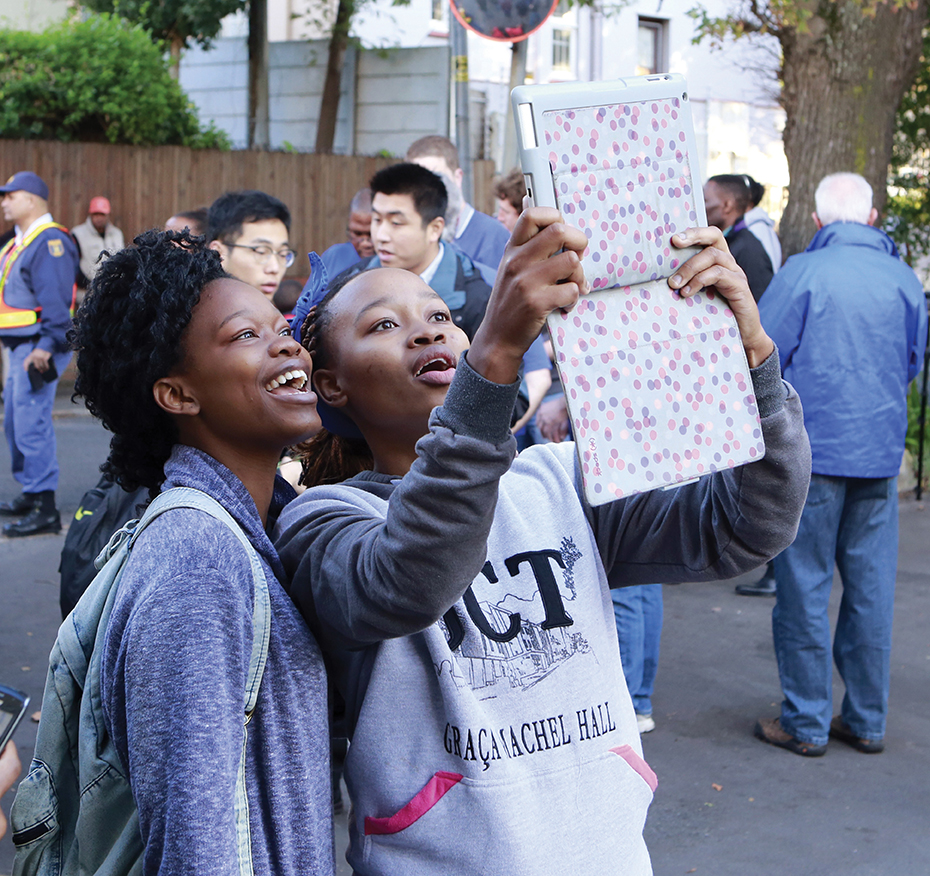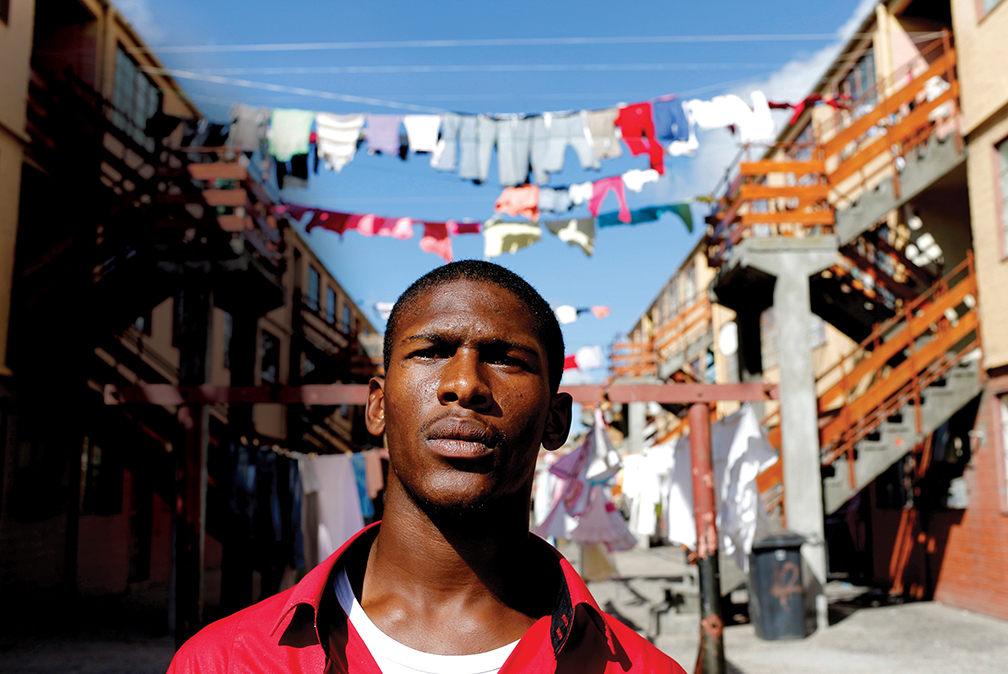ADF STAFF
They are called “born frees,” South Africans born after the nation’s transition from apartheid to democracy. On May 7, 2014, 20 years after Nelson Mandela became the first black president, the first group of born frees went to the polls to have their say in the country’s future.
“It is great voting for the first time,” 18-year-old Mawande Nkoyi told Reuters in the Cape Town township of Langa. “Now I have a say in the country’s election and what is happening. It is something new in my life.”

Twenty million South Africans — about 40 percent of the population — were born after apartheid. About 25 million voters were registered for the elections amid concerns about unemployment, inequality and corruption. Nearly 2 million South Africans are 18 or 19, and roughly 650,000 of them were registered to vote.
April 27, 2014, marked the 20th anniversary of South Africa’s first multiracial elections, which ended three centuries of white domination and 46 years of apartheid. When the votes had been counted, the African National Congress (ANC) had taken 62 percent of the vote, according to the BBC. The Democratic Alliance took 22 percent, and the Economic Freedom Fighters party was third with 6 percent. The electoral commission said voting was peaceful at most of the nation’s 22,263 polling stations. Turnout was just more than 73 percent.
Some born frees expressed gratitude to the ANC, the party of Nelson Mandela, and credited it with the freedom that occurred in their parents’ generation.
“It feels good that I am voting for the first time, and I am proud that I will be voting for the ANC,” 20-year-old Nonhlahla Nkomo, a beauty therapy student, told Agence France-Presse (AFP) just before the election. “It deserves my vote. I am in a free South Africa because of the ANC.”
Youth worker Nathaniel Groep, 19, of Mannenberg, a township in Cape Town, told Reuters, “Every vote counts, particularly for young people. For our generation, there are new possibilities, and maybe we can build a brighter future.” Groep was most concerned about gang activity and the lack of employment opportunities.
Lesedi Nene, 19, of Orlando West, told AFP: “I am kind of nervous, thinking, ‘Have I made a good decision or not?’ ” Nene said his history studies guided him as he cast his vote. He, too, voted for the ANC.
White South African Thandi Mamacos, 18, of Cape Town, told Reuters that it was “definitely important for young people to vote because they are the ones who will have to live with the outcome the longest,” she said. “It’s more our country than the older generation, who may not want to change things that need to be changed because of what has happened in the past.”
Mandela’s legacy loomed large as born frees considered their first votes. First-time voter Sanele Chileze of Embo township, outside Durban, told Reuters, “We have to secure the legacy of Mandela. That’s why it is very important for us to vote, for this nation to be straight and everyone can be free. If I don’t vote, I can’t say anything; if I vote, I can say something.”

